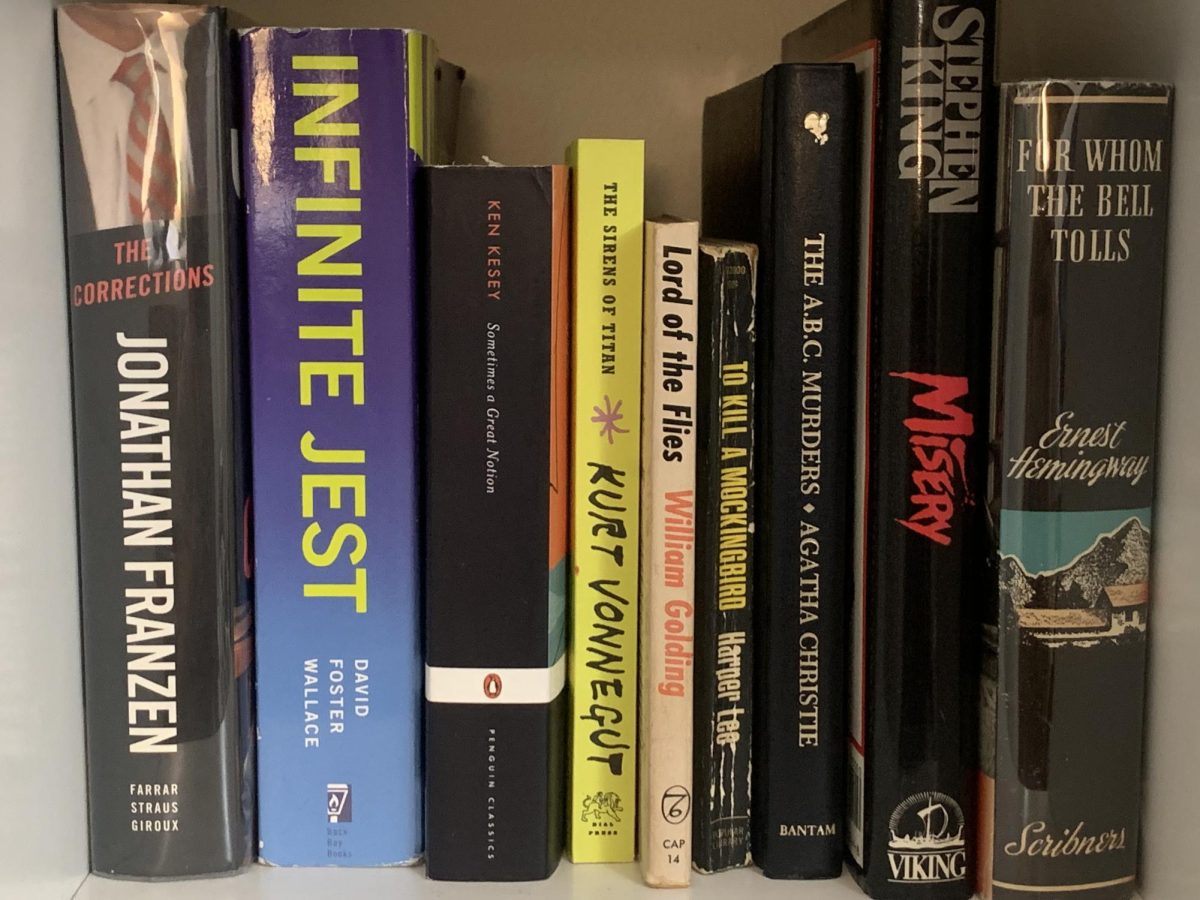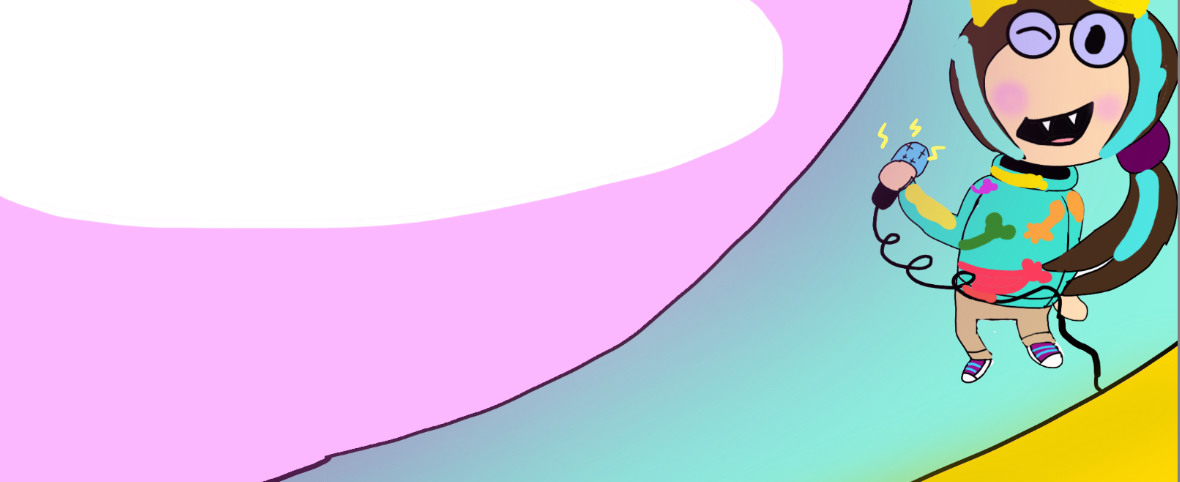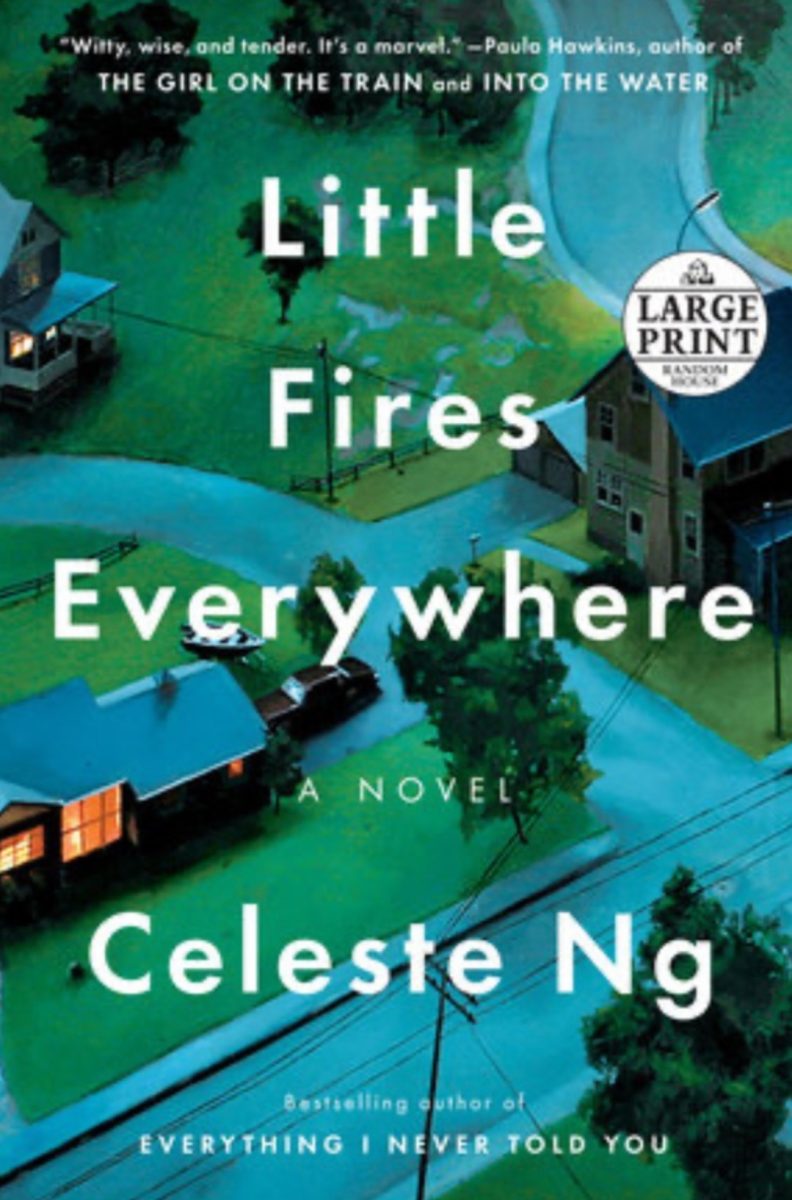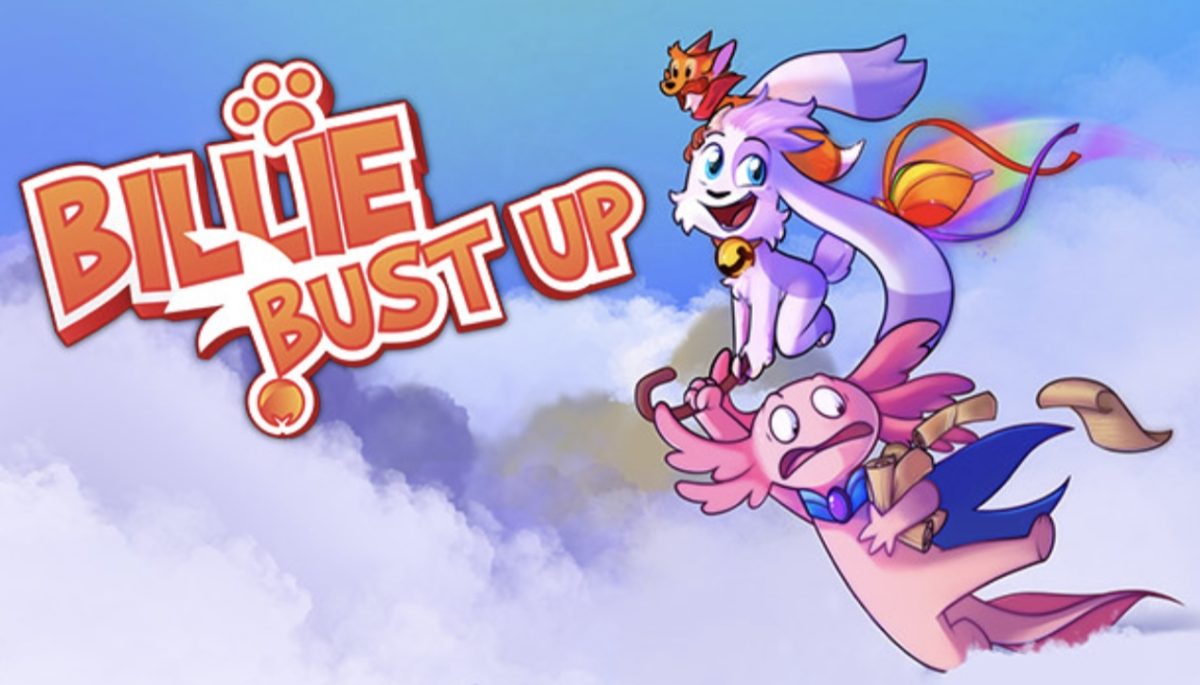There are only a handful of books that someone will read in their lifetime that have the power to completely redefine their view on a novel and what it can be.
J.R.R. Tolkein’s Lord of the Rings taught me that a novel could create a whole world. Victor Hugo’s Les Miserables taught me that a novel could capture a whole era. Mark Z. Danielewski’s House of Leaves taught me that a novel could cross from the world of fiction to the world of reality. Kurt Vonnegut’s Slaughterhouse-Five taught me that a novel could be a person’s whole life.
I recently finished Infinite Jest. This book showed me that a novel could be human.
The book covers the adolescence of a young tennis prodigy, Hal Incandenza, as well as the recovery of a drug addict, Donald Gately. Infinite Jest is filled with characters who barely know one another, but they all share one important connection: every single one of them has some relationship with a fictional short film that is so compelling and entertaining that those who watch it continuously rewatch it until they die.
This short film is titled, “Infinite Jest.”
David Foster Wallace’s Infinite Jest is a gargantuan epic over 1000 pages long, making it a challenging read. The book has dozens of characters and is non-chronological, making it remarkably difficult for readers to decipher its order. The book has a reputation of being immensely difficult to read, resulting in many readers feeling superior for having done so.
Anyone is capable of reading Infinite Jest; the task is not daunting as a result of the book’s difficulty, but rather the commitment that it demands of the reader. However, the book undoubtedly rewards the reader for their said commitment, as this book is truly the most human piece of literature I have ever read.
Infinite Jest is a grand, complicated, ambitious book that is, at many points, a reflection of the flawed, incomplete nature of its author. The book discusses primarily the difficulties of mental health issues and addiction, and it does so brilliantly.
The two main characters, Hal and Gately, could be seen as being representative of David Foster Wallace’s (the author’s) picture of himself and the man he wanted to be, respectively. The work, like the author, is indisputably genius.
All of this praise is not to say that the book is perfect; the humanity of the book is both good and bad, and the work is flawed, as most books are. That is, perhaps, the most human aspect of Infinite Jest. Some parts of the book go on too long to discuss a tennis match, or the passages meander, providing too much information that the reader neither needs nor wants about the world in which the book takes place.
There is no doubt that Wallace is incredibly knowledgeable; the reader just wishes, however, he did not feel a need to prove it to everyone.
Perhaps the best quality of the work is that it feels independently alive, unlike almost any other book I have read. When you read Oscar Wilde’s Picture of Dorian Gray, for example, Dorian Gray comes back to life once you start, and he dies once you finish. Infinite Jest is a work that feels as though it breathes by itself, and as though the story continues regardless of whether it is being read. Rather than reading a polished work, when you read Infinite Jest, you see snippets of people’s lives.
Infinite Jest is not perfect, but its infinite ambition allows for any committed reader to have infinite fun, redefining what a novel can be.







